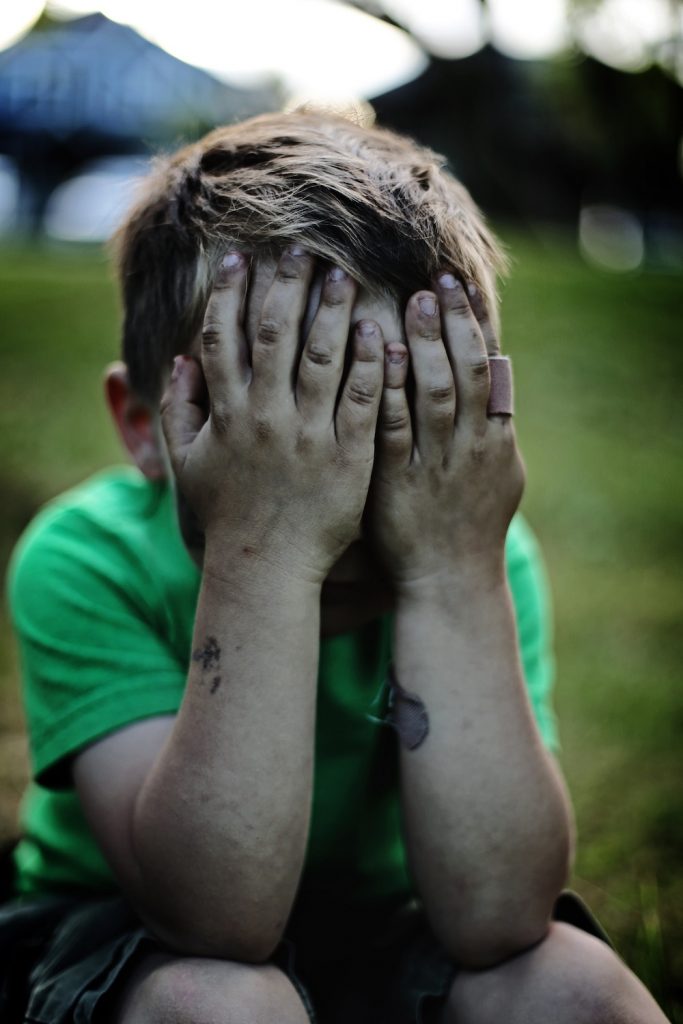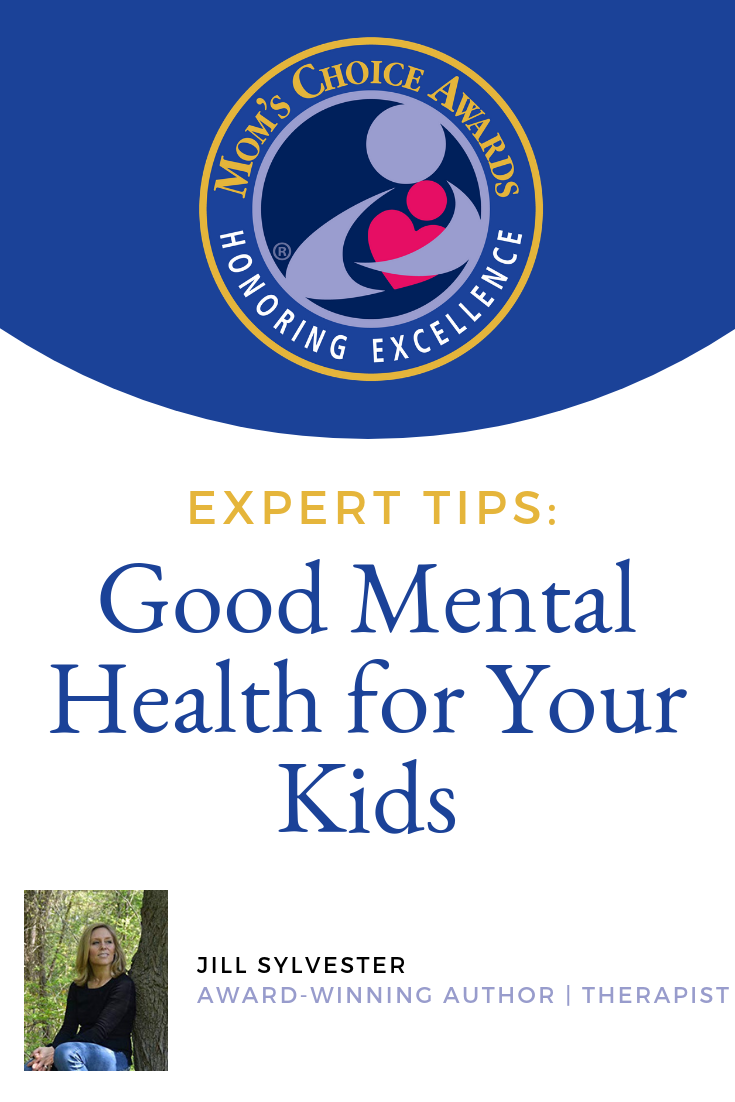 Jill Sylvester
Jill Sylvester
Author | Therapist
Twitter | Facebook
Helping kids temper their emotions by showing them a way through and then out of their heavy feelings, is a crucial part of healthy development. By being able to acknowledge both the negative and positive parts to any situation helps us to keep a healthy perspective and to potentially rewire those neurotransmitters that may be biochemically predisposed to seeing only what’s wrong.
It looks like this:
When your son or daughter is feeling awful about a certain homework assignment, for example, have them state the feelings and then add a conjunction sentence.
“I’m so bad at math, I can’t do this, I’ll never learn it, I’m so frustrated, I feel so bad….and at the same time, I have great friends, I am loved, I am watching a movie tonight with my family, and I have the best dog in the world.” Showing themselves while there may be some uncomfortable things going on, there are also some really great things happening, too.
Part of emotion regulation is helping kids develop the tools to identify what is good in their life while still addressing what might not feel so good in the moment. It’s important to validate how kids are feeling first and foremost. We don’t want to skip this necessary step in acknowledging how our kids are feeling. After allowing the discussion of the “problem,” though we can lead our children to higher ground.
How we can lead and role model, as parents, is to show our children how we ourselves regulate our emotions. For example: “Wow, I was feeling really frustrated at the office today, things just weren’t going my way, and I felt angry, annoyed and unappreciated AND I also know that I had my family at home waiting for me and that when I enter that door, I know the other part of my day is over for now and that the next part of the day is happening and I can feel differently if I choose.”
Share these feelings with your kids so they can see how it looks to get through the stressful situations of life. My children are almost 19 and 15 now and I still, on a daily basis, check in as to the highs and lows, landing on a positive so as to keep strong that part of themselves, a muscle they’ll continue to flex on their own, reminding themselves that there is always good, always something to be gained in less-than-stellar situations.
Part of good mental health is being able to navigate both the good and the bad parts of our day, learning how to respond versus react to situations versus outside events owning us and therefore controlling our moods.
Good mental health for our kids starts with good mental health as parents.
Jill is ta therapist and the award-winning author of Land of Blue. Everything she does involves working with energy, both in herself as it helps her feel whole, and with others in order to gain understanding, develop compassion and ultimately to form more meaningful relationships. Her goals when meeting with clients are to share what she knows to be true, in order to guide clients toward a more authentic, healthy, and purposeful life. For more information about Jill check out her exclusive MCA interview or visit her website.
View all posts by Jill Sylvester here.







6 Comments on “Expert Tips: Good Mental Health for Your Kids”
We need to be there for our kids through positive and negative times so we can teach them how to deal with different issues or emotions.
Helping them learn to deal with difficult challenges when they are can be help for a lifetime!
growing up is hard for some kids, but being helped with positive and negative feelings is a must, they need to learn to express themselves
We are getting help for our eldest ladainiane he has suspected ADHD… and we are unsure what else! we try hard to understand him and it can be hard and require lots of patience :) thanks for the post x x
Thanks for reading Amelia and we wish you the best of luck with your son!
Great tips, thank you